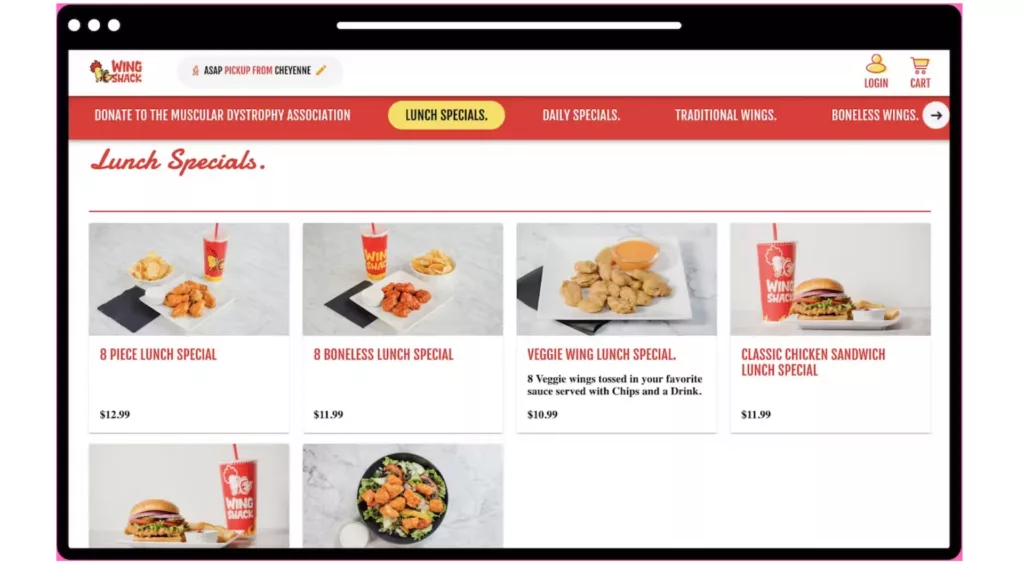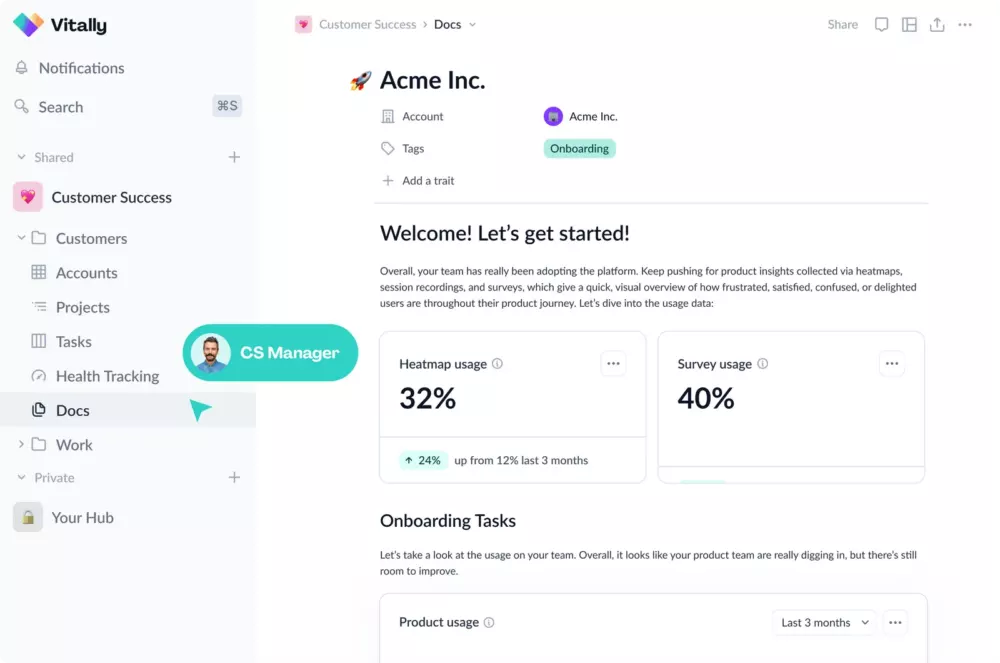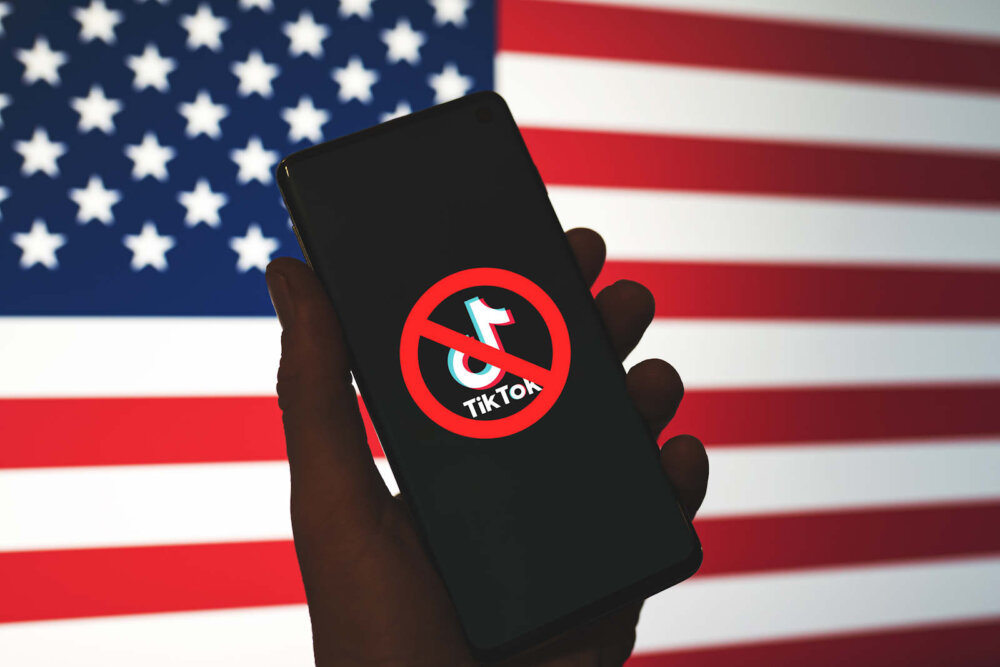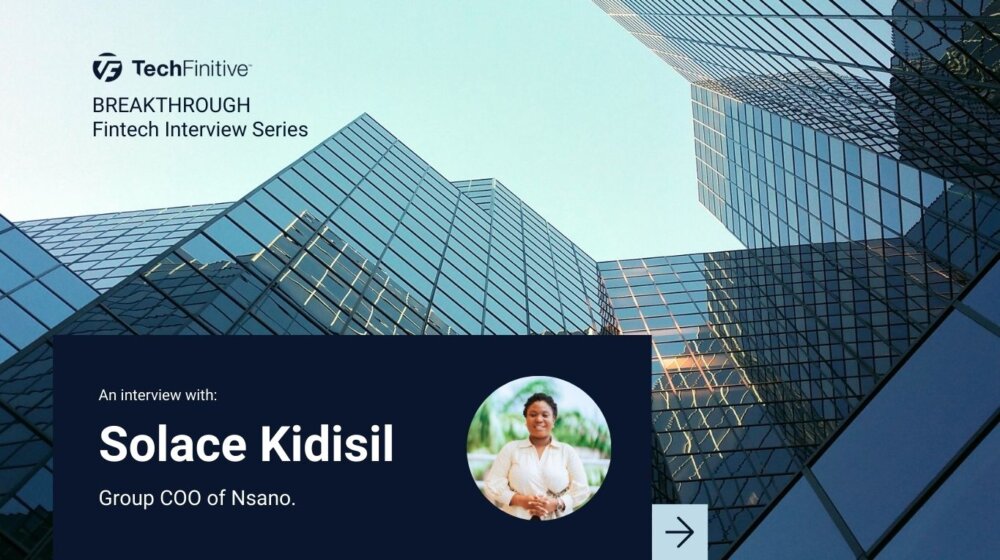
Top tech companies in New York City
Table Of Contents−
New York City is a hub for countless things, and that includes companies. What are the main attractions? For starters, an unparalleled business and tech ecosystem with easy access to both global markets and a vibrant investment community.
The Big Apple has long served as home to tech giants like IBM, Accenture and Deloitte, along with leading lights in markets as diverse as finance to food and beverages. Household names in include CitiCorp, Citigroup, JP Morgan Chase, MetLife, American Express, PepsiCo, Colgate-Palmolive and Pfizer, to name but a few.
Gotham is a global powerhouse, too, whether that’s in entertainment, retail or media. Who in the world has never heard of Broadway, Macy’s, and the New York Times?
Yet New York also acts as headquarters for an astounding 9,000+ smaller tech companies (many of which are startups). Unsurprisingly, many of those operate within vertical markets also addressed by the city’s colossal players and many, but not all, are software firms, offering SaaS services for specific target markets. Here’s a look at six such tech up-and-comers.
Lunchbox Technologies
If you’re fantasising about your favourite restaurant, you might focus on thoughts of its enticing entrees, mouth-watering desserts and pleasing decor. Yet in reality, restaurants must perform the same nitty-gritty operations behind the scenes as other retailers. That’s stuff like payment systems, customer orders and marketing initiatives to grow the business.
But while some restaurants belong to big chains, lots of others are members of smaller chains or even standalone, lacking the resources of a major corporation. Restaurants of all sizes would prefer to spend more time on their core competencies. For them, this means creating delectable food concoctions for their guests.
That’s where Lunchbox Technologies steps in. The food tech company offers enterprise-grade technologies to restaurants for managing loyalty programs, interactive omnichannel marketing, and all onsite and online ordering from a single SaaS platform.

The nationwide Papa Gino’s chain, Taco Cabana of the Southwestern US and Sophie’s Cuban eateries in New York City are just a few highly satisfied Lunchbox customers, as you can see on the startup’s public-facing website.
Lili
In and of itself, a neobank is nothing new. Just in case you haven’t heard the term yet, neobank is defined by Business.org as “a type of financial institution run by fintechs, tech companies that use technology to innovate the finance industry”.
Not all neobanks are alike, however. As NerdWallet points out, neobanks set themselves apart by focusing on specific target segments and offering unique features.
Lili, one NYC-based neobank, distinguishes itself by honing in on gig workers, a rapidly growing segment of today’s economy. Although freelancing can also have plenty of perks, Lili’s digital banking platform is designed to smooth the financial snares of self-employment.
Integrating technologies such as automation and machine learning, Lili offers self-employed individuals special features for managing their money. These include early access to direct deposits, the ability to track expenses in separate business and personal categories, and a “Tax Bucket” for setting aside money for tax purposes.
Obsess
With hordes of brick-and-mortar stores shuttering their doors, retailers are increasingly turning to online shopping venues. Margins can be small in retail, though, and companies can’t compete on price alone.
Consequently, some pioneering stores and brands are striving to stand out from the crowd by creating the kinds of customer experiences that consumers crave.
Launched by Neha Singh, former head of product at Vogue, Obsess is an e-commerce platform that leverages 3D, VR, AR and metaverse technologies to create enticing 3D virtual stores.
Bloomingdale’s, Tiffany, Coach, Crocs and Ralph Lauren are only a handful of the companies already obsessed with Obsess.
Entitle
As cloud infrastructure continues to proliferate, corporate IT and DevOps teams today are getting bombarded with access requests for apps and other network resources, often from employees or business partners they don’t know much if anything about.
Security teams have a hard time finding the right ground between being overly permissive and overly strict in assigning permissions. Setting permissions too tight can create productivity bottlenecks throughout an organisation while acting in a lax manner can increase cybersecurity risks.
In February 2023, a startup named Entitle left stealth mode with a new SaaS service that automates the approvals process. Employees desiring access to apps or services use email, Slack, Teams or Jira — platforms which IT departments are on every day, anyhow — to submit requests. The requests are then routed to pertinent business units for authorisation before access is granted.
IT can also set very fine-grained access controls for specific resources, even if that’s only a Google spreadsheet. As a further security measure, Entitle’s service also allows for just-in-time (JIT) access to sensitive resources, so that access is only given when required and revoked as soon as it’s no longer necessary.
Vitally
In a business world where the bottom line matters so much, companies that improve the customer experience have increased sales revenues by 2% to 7% and profitability by 1% to 2%. What’s more, overall shareholder return has stepped up by 7% to 10%, according to McKinsey.
In the interest of creating a great customer experience, companies have been gathering tons of data about matters like customer preferences, buying habits and demographics. But how can employees use that data in their own work to actually increase customer satisfaction?
A company called Vitally aims to fill that need with a SaaS platform that integrates customer data with tools for collaboration and productivity. Customer information is available to customer success teams through a central portal. Individuals and their teams can then organiae the information into dashboards, docs and projects.

Vitally even includes tools for collaborating with customers around customer experience issues and incorporating their insights. Does the old adage that “the customer is always right” still ring true?
Paige AI
Tragically, cancer remains the second largest cause of death in the US, led only by heart disease, according to the American Cancer Society. On a much brighter note, correct diagnosis and early treatment can bring positive health outcomes.
Today, pathologists still routinely perform diagnosis by manually examining tissue samples under old-fashioned glass slides.
New York City startup Paige AI, however, is now working to improve the accuracy and efficiency of pathologists’ workflow through digitisation and AI.

Its FDA-approved FullDocs viewing tool lets pathologists view tissue samples on a computer screen instead of via a microscope. Paige has also developed AI models that help to detect prostate cancer, breast cancer and colon cancer when it does appear on the screen.
One of the startup’s first products, Paige Prostate Suite, is targeted at improving diagnostic confidence by “identifying suspicious regions of interest, automatically measuring the length and percentage of the tumour, prioritizing case review, and providing quality assurance,” in the company’s own words.
Check out other cities in this series
Enjoyed learning more about the top tech companies in New York City? Consider the following destinations next:
- Top tech companies in Athens
- Top tech companies in Austin, Texas
- Top tech companies in Seattle, Washington
- Top tech companies in Hong Kong
NEXT UP

Slow buyers cause tech firms to rethink sales approaches as tough Q1 hits home
New research suggests tech sales were slow in Q1, with buyers of technology and professional services taking their time before committing to any solutions.

ByteDance says it has no plans to sell TikTok and refuses to bow to US pressure
ByteDance, the Chinese company that owns TikTok, stated that it “doesn’t have any plans to sell TikTok” on Toutiao, a social media platform that it also happens to own.

Solace Kidisil, Group COO of Nsano: “The difference between traditional finance and fintech is the questions we ask”
We interview Solace Kidisil, Group COO of Nsano, a fintech company from Ghana, offering digital payment solutions across Africa
